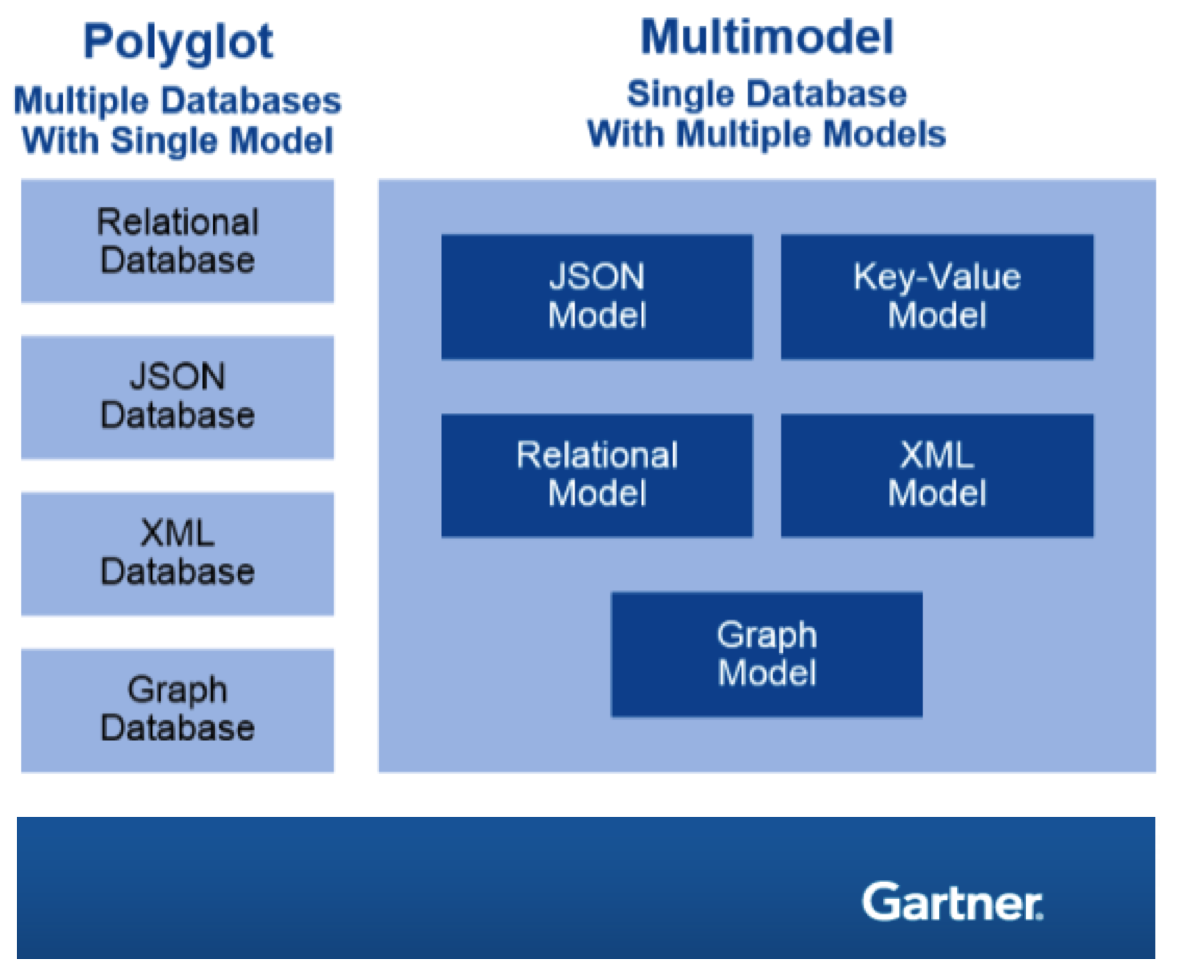 The data center has become a center of great complexity. Data has proliferated with more devices, greater volumes, and higher velocities. In trying to extract greater value (i.e. actionable intelligence) from data, many IT managers deployed a host of new solutions to manage, store, and analyze data. Specialized solutions, such as NoSQL data stores like MongoDB, Hadoop, and Cassandra, have become go-to databases because they can meet specific needs for some companies. But they also can be problematic and burdensome for others.
The data center has become a center of great complexity. Data has proliferated with more devices, greater volumes, and higher velocities. In trying to extract greater value (i.e. actionable intelligence) from data, many IT managers deployed a host of new solutions to manage, store, and analyze data. Specialized solutions, such as NoSQL data stores like MongoDB, Hadoop, and Cassandra, have become go-to databases because they can meet specific needs for some companies. But they also can be problematic and burdensome for others.
The result is that many data centers now house a medley of purpose-driven solutions and applications that are fraught with a range of new challenges. IT managers with new solutions deployed on top of their existing relational database management systems (RDBMSs) now find that, as a result of greater complexity, their new data infrastructures:
-- Can be difficult to control;
-- Bring risk to long-term data integrity because of siloed data;
-- Stretch existing skills or require new ones;
-- Fail to extract continuing value from existing legacy resources.
The diverse nature of today’s digital applications demand IT managers adopt new data management strategies to manage multiple data types and greater geographic dispersal. Digital applications require new solutions, and the challenges that accompany them are simply consequences of business evolution.
The goal now is not to unravel the web of solution deployments, but rather to master its complexity. To continue evolving their organizational data strategies, IT managers need a data management platform that addresses several fundamental data center goals critical to digitalization. Moreover, for IT managers with more limited exposure to specialized NoSQL solutions, choosing a data platform with capabilities to support unstructured data that is also suited to individual use cases helps skirt headaches.
A multi-model data platform capable of integrating external data stores, and unifying disparate data sources within a single database, can solve many of the challenges facing IT managers with complex operational environments. Consider the following use cases:
- New Applications: Multi-model data platforms have the features and capabilities for schema-less development and support multiple programming languages, as well as query methods, to work with data integrated from disparate external sources.
- Migration to the Cloud: A Multi-model data platform helps organizations integrate data from new applications in the cloud with legacy data often stored on-premises. Data in the cloud is often stored in a variety of data formats, while legacy data is often relational. This gives multi-model data platforms a unique role as an intermediary for data exchange because of their ability to integrate data and query disparate data types as if they were part of a single database.
- Application Modernization: By linking disparate data sources, such as NoSQL solutions, with relational databases through a multi-model data platform, organizations can gain greater control, flexibility, and value from existing legacy resources. At the same time, they can build new capabilities to meet evolving demands for data-derived initiatives.
- Replacement of Legacy Database Management Systems (DBMSs): With compatibility for other DBMSs, workloads can be easily migrated to multi-model data platforms and organizations can take advantage of greater flexibility, integration capabilities, and other benefits, as well as lower costs.
Data infrastructure has become central to strategic differentiation. Organizations that master the complexities of integrating multiple data types and stores will gain competitive advantage and fuel growth. The EDB Postgres™ Platform is a multi-model data platform that combines a proven open source-based database with the enterprise capabilities necessary to manage multi-model data, connect with existing systems, and deploy rapidly across multiple environments. The result is the most complete multi-model data platform for mastering the complexity of today’s data center and succeeding in digital business.
For more information on the EDB Postgres Platform contact us, or send an email to info@enterprisedb.com.
Jason Davis is Senior Director, Product Management, at EnterpriseDB.